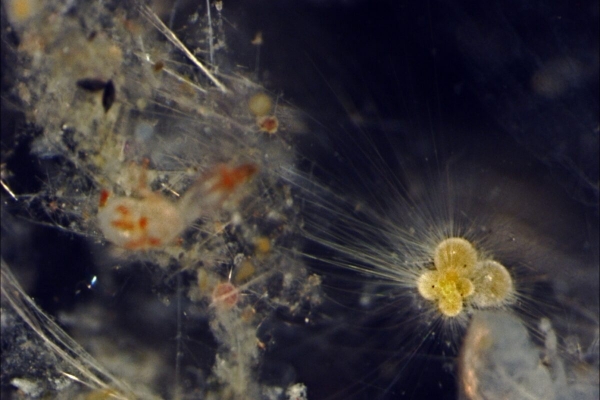The tropical oceans are home to the most diverse plankton populations on Earth, where they form the base of marine food chains. Modern plankton biodiversity in the tropics is a surprisingly recent development and the result of 8 million years of global cooling, according to a study led by researchers at The University of Texas at Austin.
The finding raises concerns that rapid ocean warming could force the plankton to move away from the tropics, which would negatively affect ocean ecosystems, including those of important fish such as tuna and billfish, and coastal communities that depend on them. The research was published in the journal Nature.
Using microfossils to track the history of a group of zooplankton called Foraminifera, the researchers found that the last time Earth was this warm – just before global cooling began 8 million years ago – tropical plankton populations lived in waters more than 2,000 miles from where they are today. The natural cooling of the past 8 million years that allowed the plankton to flourish in the tropics has been reversed by climate change during the past century.
“Earth’s current biosphere evolved for ice ages,” said lead author Adam Woodhouse, a postdoctoral fellow at the University of Texas Institute for Geophysics. “By suddenly switching to an Earth of 8 million years ago, we’re not just killing off a few species, we’re changing the entire chemistry of the atmosphere and oceans, and nothing is ready for that.”
Read more at University of Texas at Austin
Image: Plankton under a microscope. Researchers at UT Austin say that tropical plankton like this may vanish as the climate warms. (Credit: Tracy Aze)


